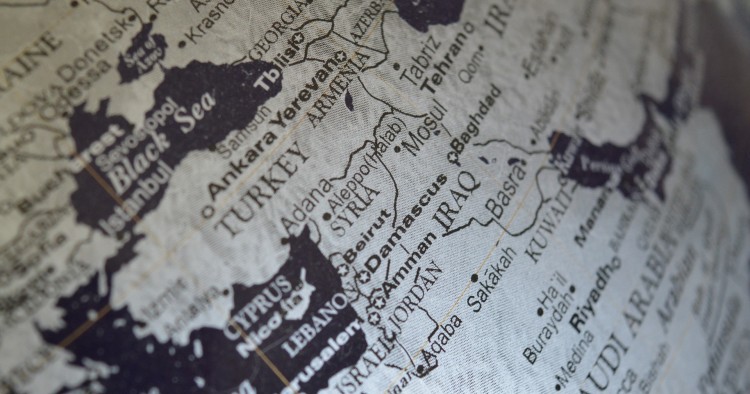This report was prepared based on discussions during the conference, “American and German Perspectives on the Middle East,” which took place in Berlin in February 2019.
Introduction
The ongoing re-shuffle of the Middle East presents a challenge to Germany and Europe as well as to the United States. With the post-colonial order eroding and other regional and international actors gaining influence, transatlantic cooperation in the region seems more important than ever. Against this backdrop, the Konrad- Adenauer-Stiftung (KAS) and the Middle East Institute (MEI) have convened German and American experts to discuss assessments, interests and foreign policy strategies concerning the protracted and difficult dynamics in the Middle East and North Africa from Berlin’s and Washington’s viewpoint.
While the protest movements of the ‘Arab spring’ have largely failed thus far, the region is subject to profound changes both in domestic and regional terms. In a quest for stability, policy-makers in Germany and the United States are facing the dilemma of either clinging to a status quo that is increasingly difficult to sustain or promoting unpredictable transformation processes. Equally challenging is the question of reliable partnerships in the region.
This conference report outlines interests uniting and dividing Germany (and Europe) and the United States. In addition, instruments to pursue the respective interests in light of an increasingly unsettled region will be examined. In general, it can be said that interests still align but are being pursued with increasingly different instruments. The structure of this report is roughly based on the workshop’s agenda and reflects the findings of the discussions. Accordingly, we first address the overarching common interest of guaranteeing stability in the region by strengthening (good) governance and empowering regional partners. We will then take a closer look at several regional hot spots such as the Saudi-Iran rivalry, Syria, the Middle East conflict and North Africa.
Aylin Matlé is Trainee for the Israel programme and Dr. Edmund Ratka is Desk Officer at the Middle East and North Africa Department of the Konrad-Adenauer-Stiftung.
The Middle East Institute (MEI) is an independent, non-partisan, non-for-profit, educational organization. It does not engage in advocacy and its scholars’ opinions are their own. MEI welcomes financial donations, but retains sole editorial control over its work and its publications reflect only the authors’ views. For a listing of MEI donors, please click here.













